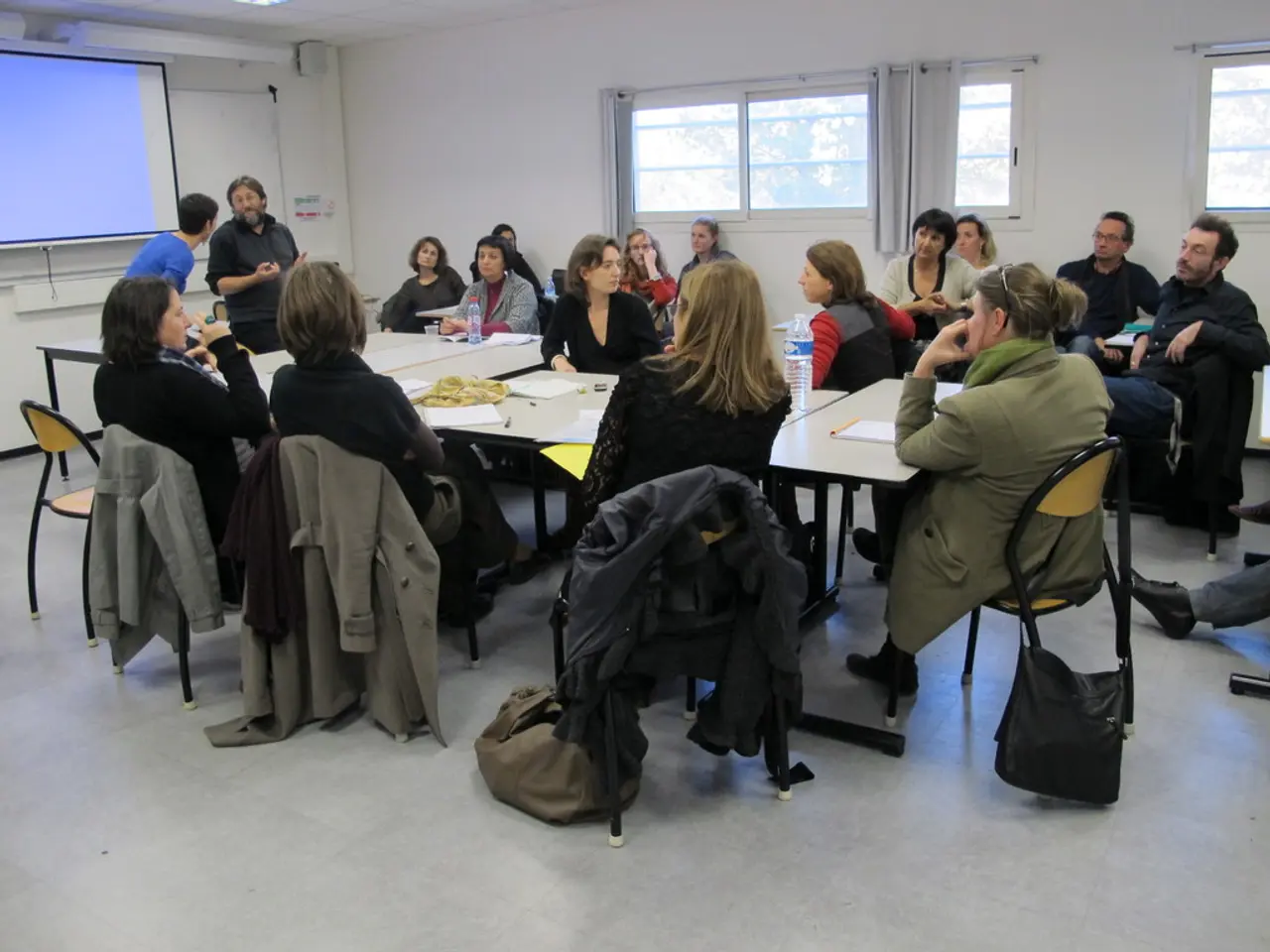Strengthened Bonds Through Distance: An Examination of Friendship Development
Maintaining a balance in friendships can be crucial for their strength and harmony. A recent body of research suggests that regulating the level of closeness in friendships can lead to stronger, more sustainable relationships.
Closeness and Synchronization
Close friendships can synchronize brain activity, which influences shared decision-making and strengthens bonds, showing that a certain level of closeness enhances connection and friendship quality. This synchronization, however, should be balanced to avoid becoming overly enmeshed.
Trust and Emotional Safety
Overstepping boundaries or failing to regulate closeness can erode trust. When friends feel their boundaries aren’t respected or that they are not understood, it can lead to emotional distance and loss of intimacy. Therefore, it's essential to foster mutual understanding and emotional safety.
Communication and Conflict
Properly regulating closeness supports open and empathetic communication. Excessive closeness without boundaries may lead to emotional fatigue, while too little closeness can cause misunderstandings and communication breakdowns, harming harmony.
Attachment Styles Influence Regulation
Individuals with secure attachment styles adjust closeness to maintain harmony effectively, while anxious or avoidant attachment styles might struggle, leading to clinginess or emotional withdrawal, respectively. This shapes how friends balance their emotional connection given distance or personal boundaries.
Healthy Boundaries
Establishing and respecting boundaries helps friends manage emotional labor, avoid burnout, and sustain long-term friendship health, contributing to overall strength and harmony.
Unrealistic Expectations and Disappointment
It's not fair to expect one friend to fulfill all needs, from emotional support to professional advice. Understanding each person's unique needs is crucial in a friendship. Recognizing that each friend may not always be available or willing to provide what you need at the moment can help prevent disappointment.
Finding the Right Balance
Ways to regulate closeness include changing meeting frequency, switching to group meetings, and limiting discussions of intimate issues. Discussing feelings and expectations with a friend can help resolve issues and find the right balance.
In summary, regulating closeness means balancing intimacy and independence, which supports trust, strengthens emotional bonds, enhances synchronized decision-making, and preserves peaceful communication—together fostering a strong, harmonious friendship.
Regulating the level of closeness in friendships also plays a significant role in personal growth and education-and-self-development, as it helps friends navigate attachment styles, set healthy boundaries, and communicate effectively, allowing for mutual understanding and emotional safety. In maintaining a balanced, well-regulated friendship, individuals are better positioned to achieve personal growth, as friendships provide a foundation for self-discovery and self-improvement. Additionally, the ability to manage expectations and avoid unrealistic demands in relationships is an essential component of overall education-and-self-development, contributing to one's ability to maintain successful, lasting connections in various aspects of life.




